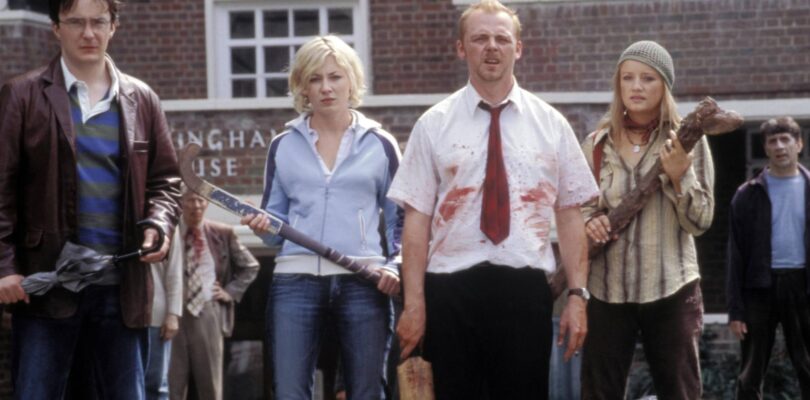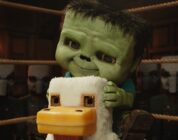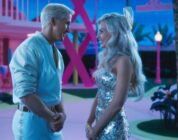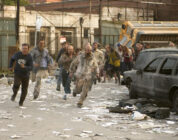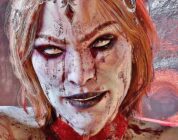The inspiration was simple. After staying up all night playing video game Resident Evil 2, Wright went to buy milk, only to be confronted with an eerily empty, early morning London. It gave him an idea.
“Wouldn’t it be interesting if you did this Sunday walk and there were zombies, or what if you were hungover and did not notice?” he recalled in my 2019 book Britpop Cinema.
“What if there was a zombie outbreak and you’re following insignificant characters?” elaborated Pegg, “Almost like a Rosencrantz and Guildenstern version of Dawn of the Dead.”
Eternal Sunshine of the Spotless Mind at 20: fascinating but flawed romance
Eternal Sunshine of the Spotless Mind at 20: fascinating but flawed romance
Dividing his time between a dead-end job, a depressing house share and the Winchester pub, Shaun (Pegg) is a 29-year-old man-child who would rather play computer games with his best friend, Ed (Nick Frost), than play grown-ups with his frustrated girlfriend, Liz (Kate Ashfield).
When a zombie outbreak occurs around them, he is forced to take responsibility to save the people he loves. It is at this point that the film turns from sitcom to survival movie, sending up the conventions of both genres while serving them, too.
Shaun and Ed should be obnoxious, but the chemistry between real friends Pegg and Frost keeps them relatable.
Refined over several years, the script is packed with quotable dialogue (“How’s that for a slice of fried gold?”), zombie movie in-jokes (Fulci’s restaurant refers to Italian horror director Lucio Fulci) and witty bits of foreshadowing (“Next time I see you, you’re dead!” warns Ed), which gives the film added rewatch value.
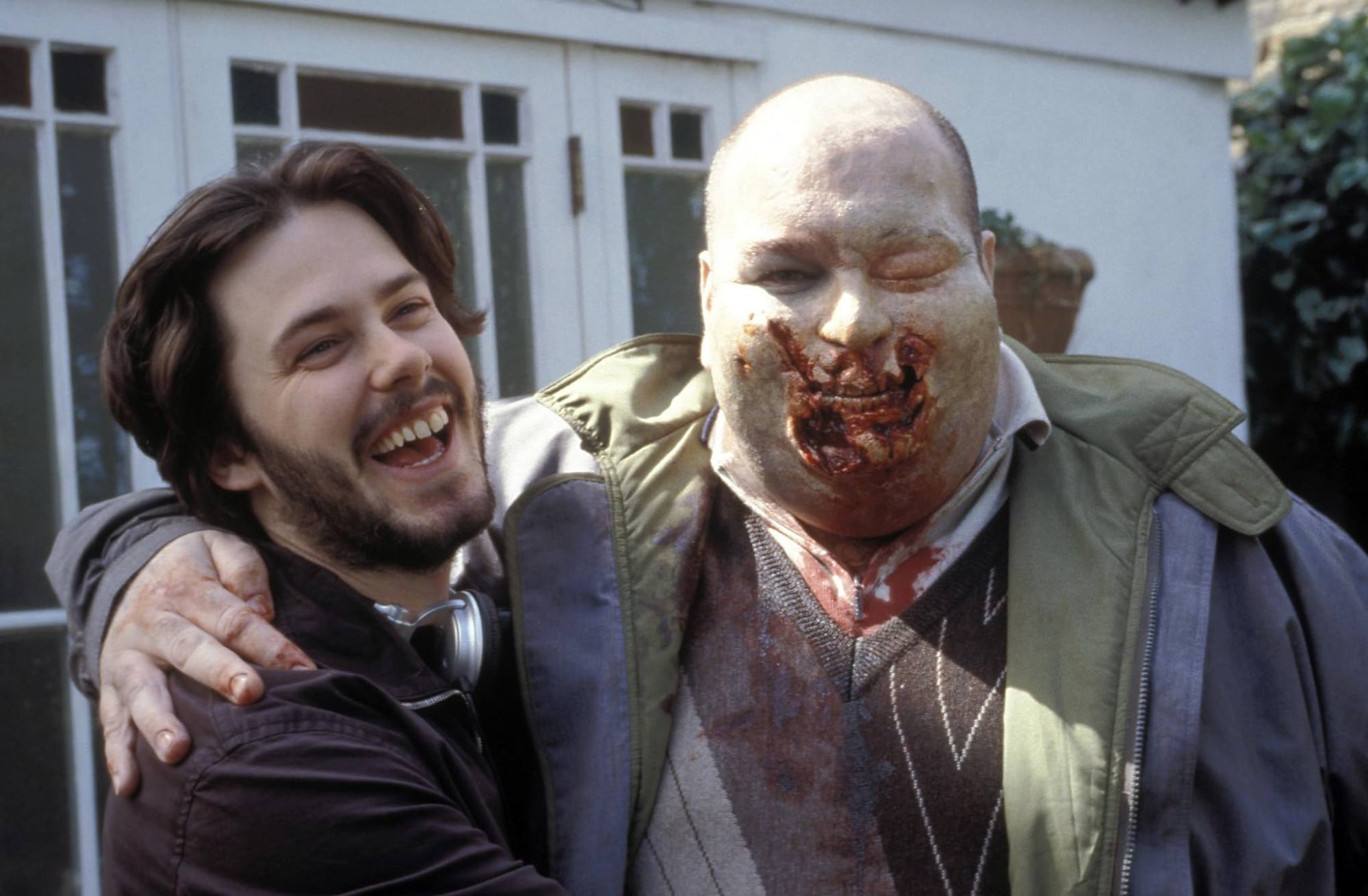
Wright directs the hell out of it all, combining moments of genuine horror with witty visual gags, such as the long shot showing Shaun walking, hungover, to the shop as the apocalypse begins around him.
“He wanted it to be like John Carpenter,” said Pegg. “If John Carpenter had come to Crouch End.”
It is a film that knows its audience – twenty-something slackers like Shaun and Ed – suggesting that they, too, can be heroes without having to give up childish things.
Shaun steers his group to the place he knows best – the Winchester – fights off zombies with a cricket bat and ends the day victorious, with Liz pliant and Ed (albeit a zombified version) playing computer games in the shed.
As Wright acknowledged, “We were essentially writing about our own lives.”
One Cut of the Dead is a shockingly hilarious zombie comedy – review
One Cut of the Dead is a shockingly hilarious zombie comedy – review
While other British films of the era pandered to American tastes, Shaun of the Dead takes its influences and assimilates them into a very British scenario.
So Shaun will not let Ed say the word “zombie” because it’s “ridiculous”, and Wright shoots everyday moments – Shaun brushing his teeth, going to the toilet and pouring tea – like an action movie montage.
“I’m proud of the fact that we kept it British and we make absolutely no concessions to making it transatlantic,” he said.

Best of all, it received the thumbs up from George A. Romero himself, who watched the film under the beady eye of a studio security guard, much to Pegg’s amusement.
“Of all the people who should be allowed to pirate Shaun of the Dead and make money off it, it should be George!” he said.
Romero returned the compliment by casting Wright and Pegg as zombies in Land of the Dead (2005).
Soon British zombie films were everywhere, with the likes of Boy Eats Girl (2005) and The Zombie Diaries (2006) flooding the market. But Shaun of the Dead’s real legacy was a darker one.
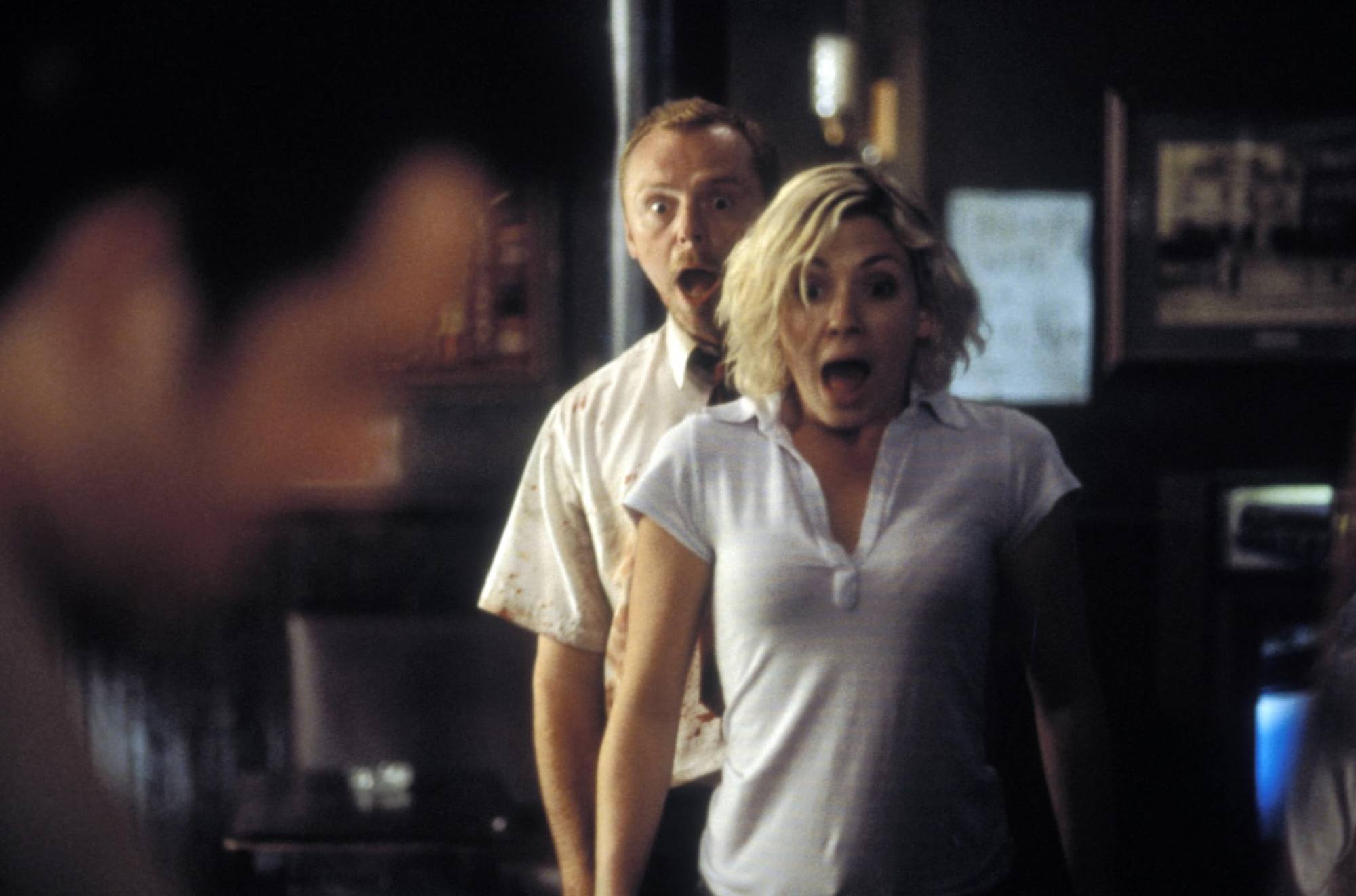
In the film, the outbreak is swiftly turned into light entertainment, with zombie-themed talk shows, game shows – even the Coldplay-sponsored Zombaid.
In the real world, with the rise of the internet and huge franchises such as Transformers and the Marvel films, geek culture came to eclipse all, keeping us docile like Shaun and Ed as the world goes to hell around us.
As Pegg told the Radio Times: “Part of me looks at society as it is now and just thinks we have been infantilised by our own taste. Now we are essentially all consuming very childish things – comic books, superheroes – it’s taking our focus away from real-world issues.”
Or, in other words, maybe we are the zombies now.

